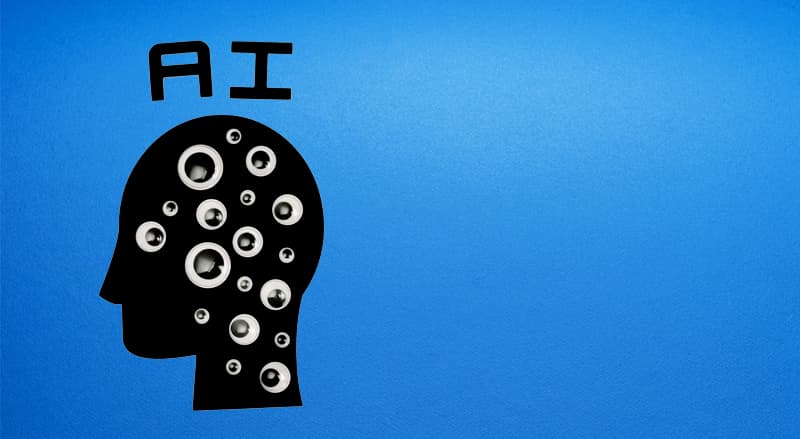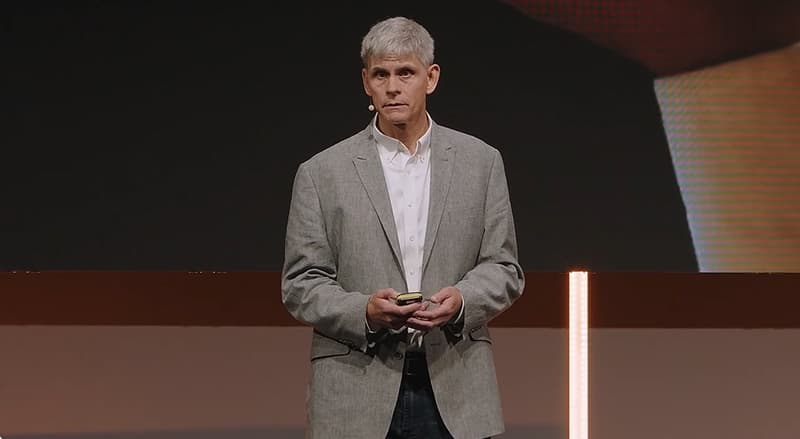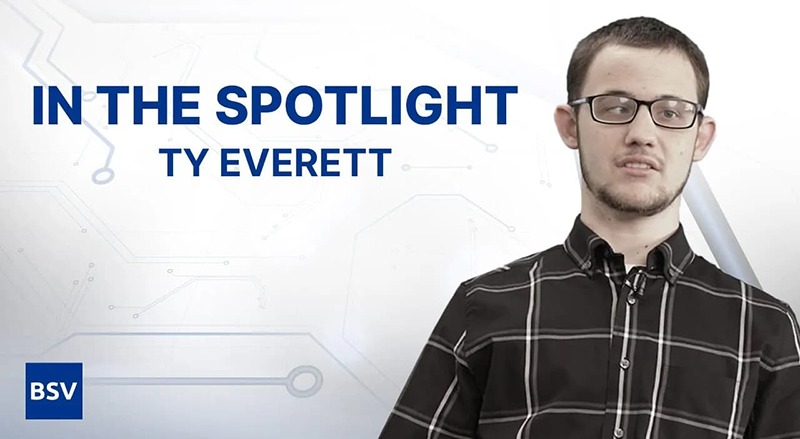An AI warning – and how blockchain can help

AI technologies expand an organisation’s attack surface, bringing new risks like training data poisoning and prompt injection. They also create new opportunities for existing threats, such as the potential for large-scale data leaks, warn experts.
Food supply chain: Saving lives with blockchain

Enhancing transparency and traceability in the food supply chain can be life-saving. Every year, nearly one in 10 people worldwide falls ill due to food-borne diseases, with close to half a million losing their lives. Blockchain can help.
Powering the future of finance with Tokenovate

Tokenovate is transforming finance with blockchain technology across capital markets, derivatives and carbon credit trading.
Building a machine-to-machine-based Internet

Explore the role of blockchain in machine-to-machine communication, Web3, and IoT, with insights from experts at the 2024 London Blockchain Conference.
What if your blockchain is different to mine?

The abundance of disconnected, non-interoperable databases does little to improve the quality of information available to businesses on a large scale.
Supply chain optimisation with enterprise blockchain

The BSV blockchain is transforming supply chain management by offering unmatched transparency, efficiency, and security. Each transaction or movement of goods is recorded immutably, ensuring data accuracy and protection against tampering.
Establishing trust in AI through Blockchain

Scott Zoldi from FICO highlights how blockchain ensures trust and accountability in AI development.
Tokenising the wine industry

While blockchain has most commonly been associated with micropayments and supply chain optimisation, in recent years it has also seen increasing adoption in the luxury sector.
Web3 for a Better World

Blockchain solutions company, Project Babbage, shares their view of how web3 improves the current status quo of the internet.